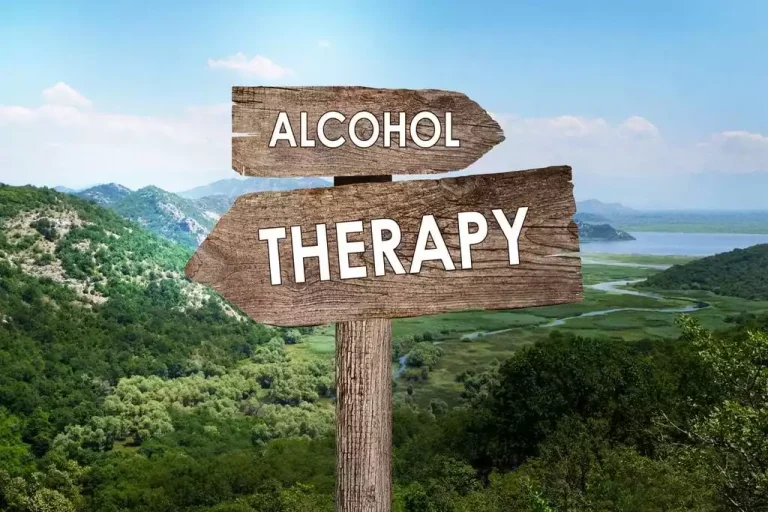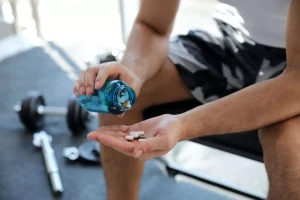
Moments of quiet contentment were few and far between because our brain was often demanding alcohol or other drugs, and our addiction gave us little choice in the matter. It’s important to understand that the relationship you have with yourself will often be reflected in your relationships with others. Many in recovery, particularly early recovery, feel guilty for past mistakes and beat themselves up. While acknowledging mistakes and making amends is vital for long-term recovery learning to love yourself is too. Volunteering or being in service is one of the best ways to begin to get grateful.
The Impact of Stress on Mental Health
- In studies, those individuals who were considered optimistic had better overall health and in some cases aged better too.
- As a core principle of many recovery programs, the word gratitude gets thrown around a lot.
- Gratitude can help you cope with the difficulties of recovery by boosting your emotional resources and strengthening your coping skills.
As one can see, there are many people who have used gratitude in their own lives and attest to how powerful and healing it can be. From Aesop to Oprah Winfrey, the power of gratitude has transformed lives and healed relationships. Try to think of similar questions that may put a positive spin on negative experiences. Avoid dwelling on negative experiences and feelings for too long. Cultivating gratitude and a positive attitude is an important aspect of recovery.
- They can be discouraging and even trigger a sense of hopelessness.
- But what happens for most is when we start to think those judgemental and negative thoughts we think of more things about the person or situation we don’t like.
- When you choose to think with a grateful mindset, you will improve your physical, mental, and spiritual health.
- Your progress is an achievement, and you can only appreciate the good when you acknowledge the bad.
Achieve Sobriety at New Hampshire Men’s Rehab
Whatever form it takes, know that each moment of gratitude is a step towards a more fulfilling, balanced, and joyful recovery. It’s a reminder that even in the midst of struggle, there is beauty to be found. It’s an affirmation that you are strong, you are resilient, and you have so much to be grateful for – including your commitment to recovery itself. Gratitude in recovery isn’t just about feeling good in the moment.

How Gratitude Benefits Physical Health

At Design for Recovery, we believe recovery is more than abstaining from substances. It is also about developing gratitude, honesty, responsibility, and other essential life skills that can help you achieve lasting sobriety and healthy living. We provide you with the tools, guidance, and community you need to rebuild your life and reach your full potential. For example, you could thank a friend who supported you during a difficult time, write a note to a coworker who helped you with a project, or give a gift to a family member who made you laugh.
What are the benefits of gratitude?
- Practicing gratitude allows individuals to find strength in difficult times, reframe setbacks as opportunities, and maintain a hopeful outlook on their recovery path.
- Being grateful reminds us that even when things go wrong, there are still plenty of things to be thankful for.
- Practicing gratitude not only promotes healing but also plays a crucial role in personal growth and recovery.
- However, someone who practices gratitude can appreciate the benefits sober living will have in their life and be better able to maintain sobriety.
Without much vision now, I delight in the birds still chirping in my yard. I am installing a bath to give them water through the dry summer, feeders to invite them to dinner, and small houses to raise their children. I love these birds, so it is time to do something so they will love me back. Gratitude strengthens your recovery, ushering in joy, peace and selflessness that will empower your journey and positively impact, even inspire, your loved ones. However, the recovery community has known the power of gratitude for a long time. More than creating a gratitude list, actively practicing gratitude has always been essential to recovery success.

Just being grateful for the gift of recovery is a great place to start your gratitude practice. The word gratitude is derived from the Latin word gratus which means ‘pleasing; gratitude in recovery welcome; agreeable’. In recovery, gratitude is a foundational principle that helps to diminish the self-centered nature of addiction and cultivate a positive mindset.

” this simple question illustrates being grateful and not being grateful. When we walk through life and see everything that is wrong, everything that isn’t going our way, everything that we wish was different, we will continue to see more and more of the same. Our free, confidential telephone consultation will help you find the https://ecosoberhouse.com/ best treatment program for you. We can also guide you in approaching a loved one who needs treatment. With our team and your desire to heal, we can improve your quality of life and functional abilities, so you can get back to living your best life. Design for Recovery provides structured sober living in Los Angeles, California.
Myth 4: Gratitude is hard to practice
If you’re new to recovery and you’d like to have more gratitude, here are nine practical ways to practice gratitude in recovery. One of the best ways to feel grateful is to give back and help others. Whether volunteering, donating to a worthy cause, or simply lending a listening ear, giving back is a great way to practice gratitude in recovery. When we take the focus off of ourselves and our problems, we can see all of the ways we are fortunate and have so much to offer. One of the simplest and most effective ways to practice gratitude is to keep a gratitude journal.

